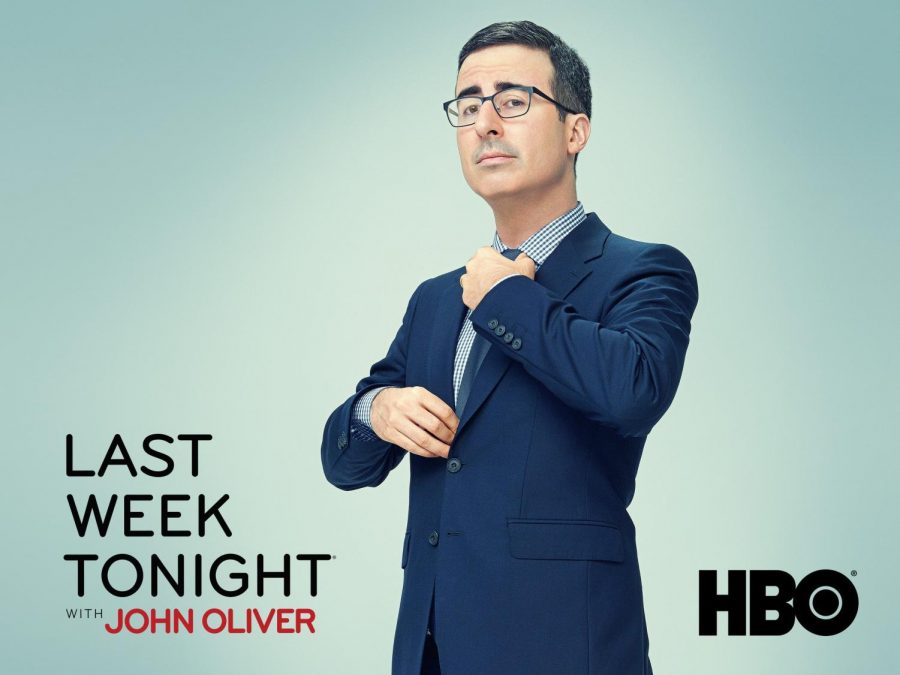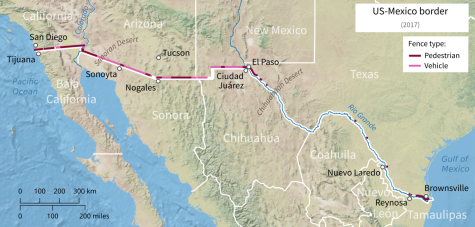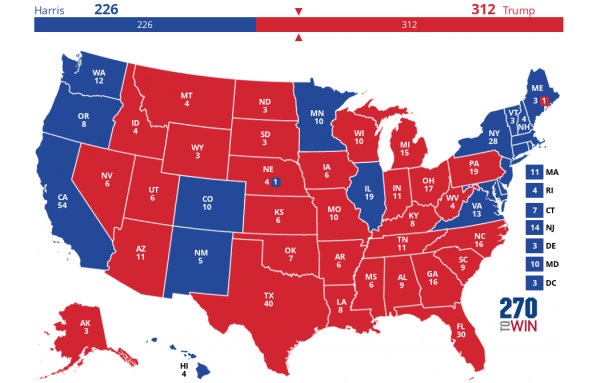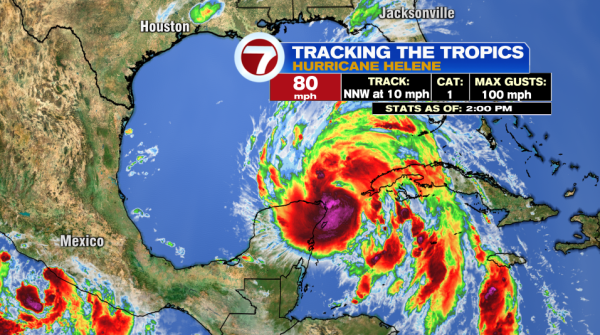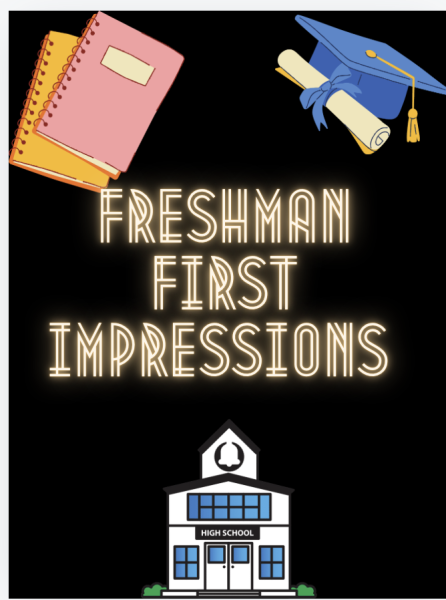The rise of late night humorists who make us aware of the news
Are the likes of John Oliver and Stephen Colbert taking the place of Walter Cronkite and Edward R. Murrow?
But what is a humor-journalist? Well, they tend to be former stand-up comedians who use their experience in comedy, plus an interest in the news, to give you the news with a comedic touch.
I don’t really watch the news.
I read news on the News app, but I’ve never been a MSNBC or a CNN guy.
But every Sunday night at 11:10 on HBO (or if I’m not up, every Monday morning while I eat breakfast), I know I’ll be able to get in my weekly fill.
That’s right, I rely on the great John Oliver for any news I get via the television. And he’s part of a rising group of comedians who also report on the news: a little sub-genre called humor-journalists.
There are more besides Oliver; popular ones today include Bill Maher, Trevor Noah, Samantha Bee, and Hasan Minhaj. You could even classify Seth Meyers (arguably the greatest Weekend Update anchor of all time), the aforementioned Stephen Colbert, and Jimmy Kimmel into the humor-journalist category.
But what is a humor-journalist? Well, they tend to be former stand-up comedians who use their experience in comedy, plus an interest in the news, to give you the news with a comedic touch.
The Daily Show, formerly helmed by the legendary Jon Stewart, has been a kingmaker in this field. Besides Oliver, Bee, Noah, and Minhaj, the show honed the comedic talents of Steve Carell (he met his wife Nancy, also a former correspondent, on the show), Wyatt Cenac, Michael Che (he left to co-host Weekend Update), Stephen Colbert (got his own show), Josh Gad, Olivia Munn (was an actual journalist before becoming an actress), Rob Riggle, Kristen Schaal, and Michelle Wolf.
And this helped the genre rise in popularity as it combined a bunch of rising young comedians under the expertise of some sort of comedy Jedi master in Stewart. There’s a reason why at least seven former Daily Show correspondents got their own shows in a similar vein; they’re funny, relatable, and surprisingly trustworthy sources of the news.
However, it doesn’t mean they’re actual journalists. Jon Stewart himself has said that he doesn’t have any journalistic responsibility and that the show is just for entertainment. John Oliver has deemed his show as “comedy first, and comedy second” But they do tackle the news, and do a damn fine job at it.
These shows tend to lampoon public officials, especially in the national government. Basically everyone that’s been mentioned has clowned on President Donald Trump at least 15 times. Some focus on more obscure officials, like Oliver’s relentless mocking of former Florence County, South Carolina sheriff Kenney Boone. Still, most shows are able to efficiently mock the current state of politics.
That’s what makes them popular, especially with young people.
Let me use myself as an example (totally not a way to boost my ego or anything). I really enjoy Last Week Tonight due to John Oliver being one of the funniest people alive and a great commentator on America in general (despite being a filthy Brit). Other millennials seem to agree.
The Daily Show has always been huge with young people. The Pew Research Center suggested that at its peak in 2010 around 74% of its regular viewers were between 18 and 49, and those numbers have continued to grow among the 18-34 range, with Comedy Central naming it its most viewed show among watchers aged 18-24. This is likely due to Trevor Noah, the show’s host, being a millennial himself, but also because it’s a great show.
Another question persists for these types of shows, that being what truly is their function?
If what Oliver and Stewart have said is what they really mean, these humorous news shows are just purely for entertainment. I don’t believe that for a second. When Stewart went absolutely ham on George Bush, or when Oliver tears into Donald Trump, or even when Samantha Bee goes in hard on anyone (she’s like an attack dog; ruthless) while discussing today’s political state, they’re giving an honest opinion on today’s news.
And that’s what most news anchors on any channel, both sides of the aisle, do on a daily basis. Give the news with their own bias attached. The function of these shows is not just to entertain. That was in the past, when greats like Johnny Carson and David Letterman lampooned the news in their own charming ways.
Now, the humor-journalists of today add hard-hitting takes on today’s society whilst reporting on the most important news of the day or week. They may not see themselves as journalists, but in this day and age, with fake news flying all around us, we need reliable and trusted news more than ever.
And they give us just that.


